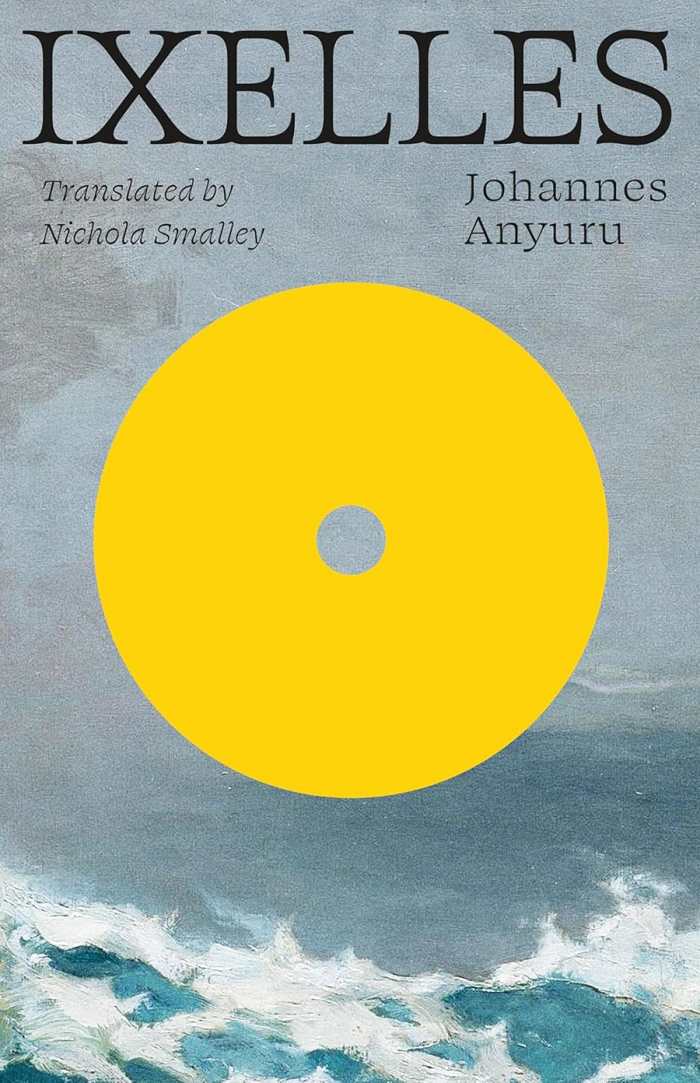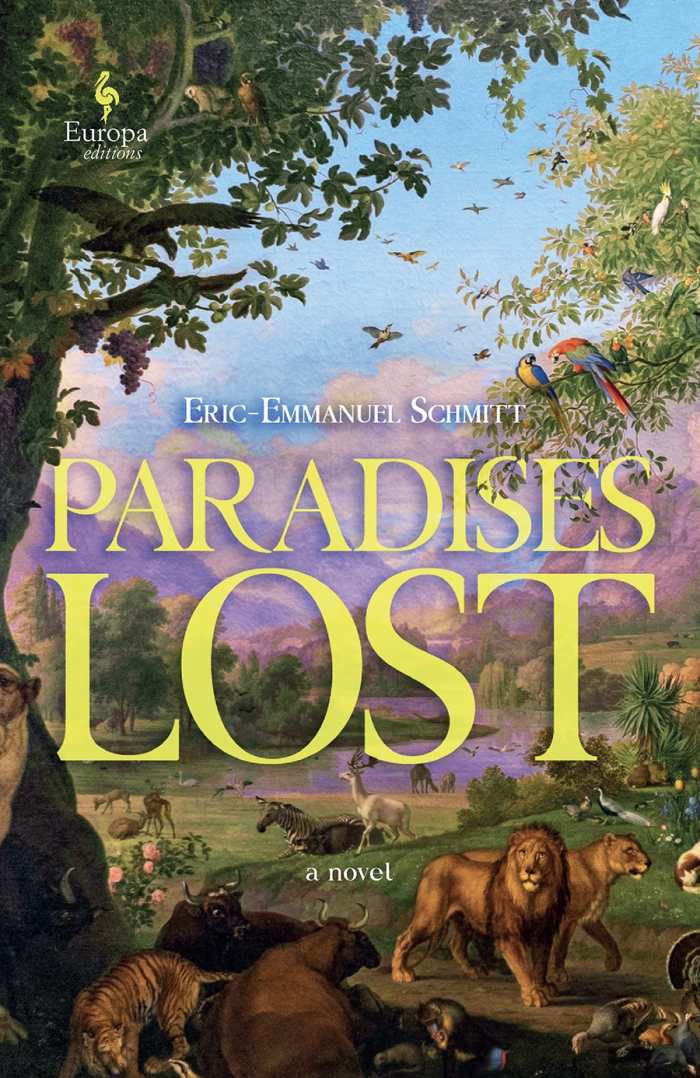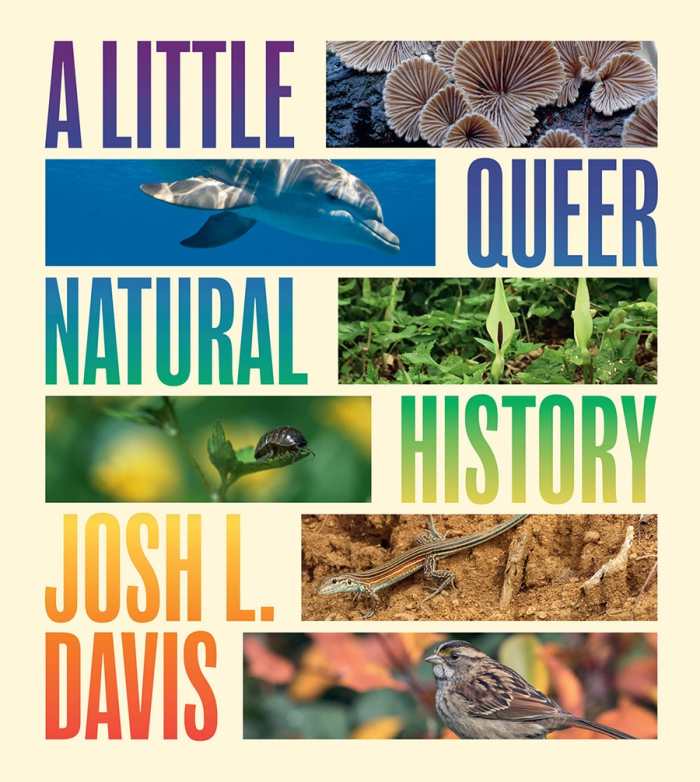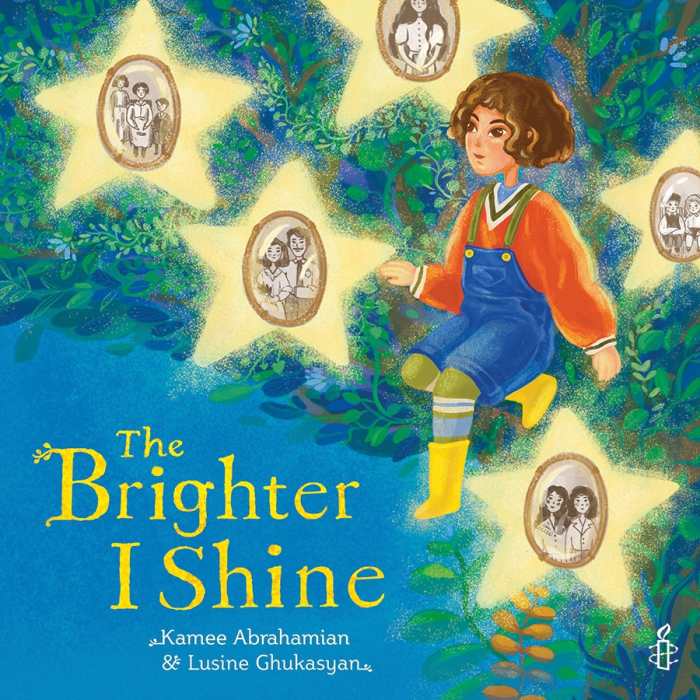Book of the Day Roundup: October 7-11, 2024
You Will Speak for the Dead

R. A. Busby
Stelliform Press
Softcover $15.99 (86pp)
978-1-73831-659-5
Buy: Local Bookstore (Bookshop), Amazon
In R. A. Busby’s novella You Will Speak for the Dead, a house cleaner faces an unexpected personal crisis while wrestling with his most bizarre job yet.
Putrid kitchens, bug infestations, and massive piles of junk are all in a day’s work for Paul and his fellow hoarder house cleaners. But their 982 Avirosa Avenue job is different from the start: the client refuses to say much about the house or its owner, a strange white substance fills the air within, and a large quantity of mushrooms are growing inside.
Not long after starting the work, a change comes over Paul. He begins having visions and memories that aren’t his; his health begins to deteriorate. He develops a bond with the house’s owner via her abundant keepsakes, which possess a living aura that allows Paul to interact with her without the two ever having met. As his feelings of connection to the house grow, it’s up to Paul to discover the secret hiding within the mountains of debris that once represented someone’s life.
The novel is most concerned with interconnectivity and the staying power of memories; its horror elements are minimal, beyond scattered instances of body horror. When Paul chooses to ignore each of his physical alterations soon after they appear, the potential for significant fright or revulsion diminishes. Instead, Paul’s account of his life-changing experiences are centered, showing how working in the house alters his view of the world. He even breaks the fourth wall to try to relate to the audience at times—a habit that can be distracting.
In the revealing novella You Will Speak for the Dead, a house cleaner develops a new perspective on life after coming into contact with a mysterious presence at his newest assignment.
IAN DAILEY (August 14, 2024)
Ixelles

Johannes Anyuru
Nichola Smalley, translator
Two Lines Press
Softcover $20.00 (468pp)
978-1-949641-69-1
Buy: Local Bookstore (Bookshop), Amazon
Young lovers run up against the limits of their abilities to control their own destinies in Johannes Anyuru’s melancholy novel Ixelles.
Ruth should know a lie when she hears one: she lies for a living, helping brands and politicians attract the “right” kind of attention. Yet when she hears a rumor that cannot possibly be true—that her boyfriend Mio, who was stabbed to death years ago, is still alive—she is compelled to investigate. In the process, Ruth admits painful truths about Mio’s fate and the lies littered throughout her own history. Further, Ruth’s son, Em, is now old enough to demand answers about his idolized father; he seeks out his own, more dangerous, source of information.
Mio’s trail leads to stories of the Nothingness Section, a mythical place that is said to welcome the kind of downtrodden, forgotten people that Mio and Ruth once were. Through aching prose, Ruth’s investigation reveals her longing for the past and the future—anywhere but the present, where she feels trapped by uncertainty. And even as Ruth yearns for the past, she seeks to destroy it: her job is to reconstruct reality to suit the needs of high-powered, often unscrupulous clients, including the developers who want to tear down the impoverished, immigrant-majority neighborhood in Antwerp where she and Mio grew up. This contradiction drives Ruth further from Em.
Ruth and Em’s story is tender and tense. They are split apart before being brought back together. The truth remains elusive; still, they learn to be comfortable with what they do know: that they love each other, and that Mio would want them to have a better life than he did.
Ixelles is a reflective novel about the dangerous allure and empowering vindication of using fiction to cope with reality.
EILEEN GONZALEZ (August 14, 2024)
Paradises Lost

Eric-Emmanuel Schmitt
Steven Rendall, translator
Addie Leak, translator
Europa Editions
Hardcover $30.00 (480pp)
978-1-60945-849-2
Buy: Local Bookstore (Bookshop), Amazon
The first tome in an epic series set to cover the span of human history, Eric-Emmanuel Schmitt’s riveting novel Paradises Lost introduces an immortal who’s grown weary of human foibles, but who still recognizes the wondrous potential in community.
Known in multiple mythologies as the man who survived a world-consuming flood, Noam achieved immortality by accident, after being struck by lightening. Before that, he was the son of a respected chief, living in an idyllic community beside a worshiped lake. But his childhood respect for his father’s innovations gave way to disillusionment when his father claimed Noura, whom Noam loved, as his own. He retreated to the wilds, where his uncle, Barak—a gentle giant––taught him the benefits of depending on nature and chipped away at his xenophobia toward other clans. Challenging his father for the chief’s spot, he envisioned a new, more equitable future for his people.
But then the flood came.
Though its scope is grand, this series opener rests most in the Neolithic period, introducing Noam’s origins and hinting at adventures to come. Footnotes suggest grandiose future encounters with historical greats, some of whom Noam credits himself with influencing, including Jean-Jacques Rousseau. There are peeks at his present in the climate-changed world and hints at future confrontations with terrorists too.
Still, herein, the formation and maturation of Noam’s worldview—cultivated and weathered over “millennia [spent] witnessing technological, biological, and medical progress”—is the primary concern. He “does not idealize the ancients’ teaching and harbors no nostalgia.” Forced to persist in state of “human emptiness,” he thinks most of Noura, who was ““infinite women, one day submissive, another tyrannical, lascivious, morose, excited”—and, to him, irreplaceable.
Ambitious and engrossing, Paradises Lost is a magnificent series opener that introduces the man and the myth behind the story of Noah and the flood.
MICHELLE ANNE SCHINGLER (August 14, 2024)
A Little Queer Natural History

Josh L. Davis
University of Chicago Press
Softcover $16.00 (128pp)
978-0-226-83703-1
Buy: Local Bookstore (Bookshop), Amazon
Josh L. Davis’s illustrated and informative science text A Little Queer Natural History reveals that the natural world is more complex and inclusive than people often assume.
The book profiles the sexual behaviors of an array of creatures, including unisexual whiptail lizards that lay fertilized eggs without encountering sperm and common pill woodlice whose sex is determined by a parasitic bacterium. In all, the unique sexual adaptations of twenty-nine plants and animals are detailed, including green sea turtles and splitgill mushrooms. The topics include homosexual behaviors observed among apes, giraffes, penguins, and sheep, as well as hermaphroditic, asexual, and gender-fluid behaviors. For instance, parrotfish are sequential hermaphrodites, meaning they produce male and female sex cells and change sex as they age. Colonies of clownfish are led by a dominant female; when she dies, the largest male changes sex to take her place. In the insect world, female barklice evolved a “penis” that they insert into the male “vagina” to extract packages of sperm and nutrients. Plants and fungi also evolved diverse strategies to reproduce.
The descriptions are factual and straightforward, and the gorgeous color photographs are devoted to depicting the creatures in their environments. Emphasizing changing historical perceptions, the book highlights the work of leading researchers over the past few centuries. For instance, in 1923, John Peacock Ritchie was the first to photograph male mute swan couples raising chicks on a Scottish loch. He persisted in describing queer behavior, despite his colleagues’ skepticism. And the book notes that, historically, scientific literature described homosexual behavior as bizarre, abhorrent, or immoral: a 1987 paper described queer behavior in Mazarine blue butterflies via “A Note on the Apparent Lowering of Moral Standards in the Lepidoptera.”
An absorbing and meticulous science text, A Little Queer Natural History shares an important perspective on the natural world.
KRISTEN RABE (August 14, 2024)
The Brighter I Shine

Kamee Abrahamian
Lusine Ghukasyan, illustrator
Lantana Publishing
Hardcover $18.99 (32pp)
978-1-915244-83-3
Buy: Local Bookstore (Bookshop), Amazon
An Armenian child of refugees muses on ancestral stories as vehicles of connection and identity in this moving picture book. Though far from the places her ancestors called home, she embraces the traditions they passed down to her, such as traditional birthday dishes and dried herbs and flowers for decor. As her mother helps her read a birthday card from her grandmother—written in Armenian—the little girl comes to see the stories of her family in a whole new light.
DANIELLE BALLANTYNE (August 14, 2024)
Kathy Young
